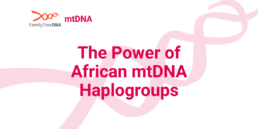Human Y Chromosome Testing Milestones
In 2013 we released the advanced Big Y test and since then, we’ve analyzed 32,000 Y chromosomes in ultra-high resolution. This has allowed us to identify hundreds of thousands of unique Y chromosome mutations. These mutations are the building blocks of the Y-DNA Haplotree. This is also known as the great family tree of all paternal lineages in the world.
Mutations can sound scary. However, the genealogically relevant parts of the Y chromosome contain very few genes. It’s very unlikely that these mutations, or “variants”, have medical implications.
The Y chromosome is passed down mostly unchanged from father to son. Small mutations occur randomly every few generations. It’s then passed down to all direct male descendants. Because of this, the genetic signature of every Y chromosome can be scanned to detect the paternal lineage. This all goes back to one man. The common paternal ancestor of all humanity. Commonly called Y-chromosomal Adam, he lived in Africa between 200,000 and 300,000 years ago.
Recent Breakthroughs
Earlier this year, we announced an enhanced chemistry formula for Big Y. Big Y-700 provides even greater coverage of the Y chromosome. This allows us to detect even more mutations. As a result, all branches of the great tree of mankind are becoming further refined.
The human Y chromosome contains about 56 million positions or base pairs. Of them, roughly 23 million base pairs (40%) are useful for phylogenetic analysis. In these 23 million positions, we’ve detected over 500,000 unique mutations in the total 32,000 Big Y testers. Our phylogenetic specialists work hard on refining the Haplotree as new results arrive. In May 2019, we passed 20,000 branches. The branches are defined by over 150,000 unique mutations. This makes our Haplotree the largest and most detailed phylogenetic tree of mankind in the world.
Quick View of the Y-DNA Haplotree and Block Tree.

Statistics
More than:
- 32,000 ultra high-resolution Y chromosome sequences from across the world
- 500,000 Y chromosome variants found
- 150,000 of those variants form the building blocks of the tree of mankind
- 20,000 branches on the tree and growing at an extraordinary rate
Testing with FamilyTreeDNA
Testing Big Y with us will give information about your detailed placement on the tree of mankind. This will then help further build the tree. Testing will also expand our knowledge of our origins. Your results will help trace back to the earliest written records and beyond.
We will assign your unique mutations their own variant names. When another test result arrives that shares one or more of your novel variants, their place on the tree of mankind will be determined. We will then expand or refine your tree to reflect your paternal lineage. It’s possible a paternal cousin of yours has already tested, waiting for your lines to connect!
Females don’t inherit a Y chromosome. But, if you’re female, you can still explore your paternal line by asking a brother or uncle to take the test. Males carry the Y chromosome of their father’s father. This is the line that will be explored in your results. If you’re curious about your other lineages, you can ask a male relative, such as a maternal uncle, to take a Y-DNA test.
We also offer an exclusive full sequence mitochondrial DNA test. mtFull Sequence traces your deep maternal lineage. Both men and women are eligible. It compares your mtDNA to 170,000 other participants. We’ll always use the highest possible resolution. Everyone’s maternal lineages all trace back to our one common ancestor. Commonly called Mitochondrial Eve, she lived in Africa more than 100,000 years ago.
The paternal and maternal trees of humanity are available here:
For further reading about Big Y-700 and the science behind it, we recommend you check out our Big Y-700 White Paper.
Related Posts
July 1, 2025
The World’s Largest Y-DNA Haplotree
FamilyTreeDNA’s Y-DNA haplotree includes over 91,000 branches and 761,000 variants — the most detailed paternal ancestry map in the world. Each month, we update this post with the latest growth stats, haplogroup insights, and tools to help you explore your place in history.
June 23, 2025
Connect Your WikiTree to FamilyTreeDNA
FamilyTreeDNA has partnered with WikiTree! Learn how to link your collaborative tree, view your matches’ trees, and explore powerful DNA tools.
June 19, 2025
Tracing Your Maternal Roots: The Power of African mtDNA Haplogroups
From Haplogroup L0 to the Malagasy Motif, uncover the African maternal lineages that shaped humanity—and still live on in your mtDNA.





